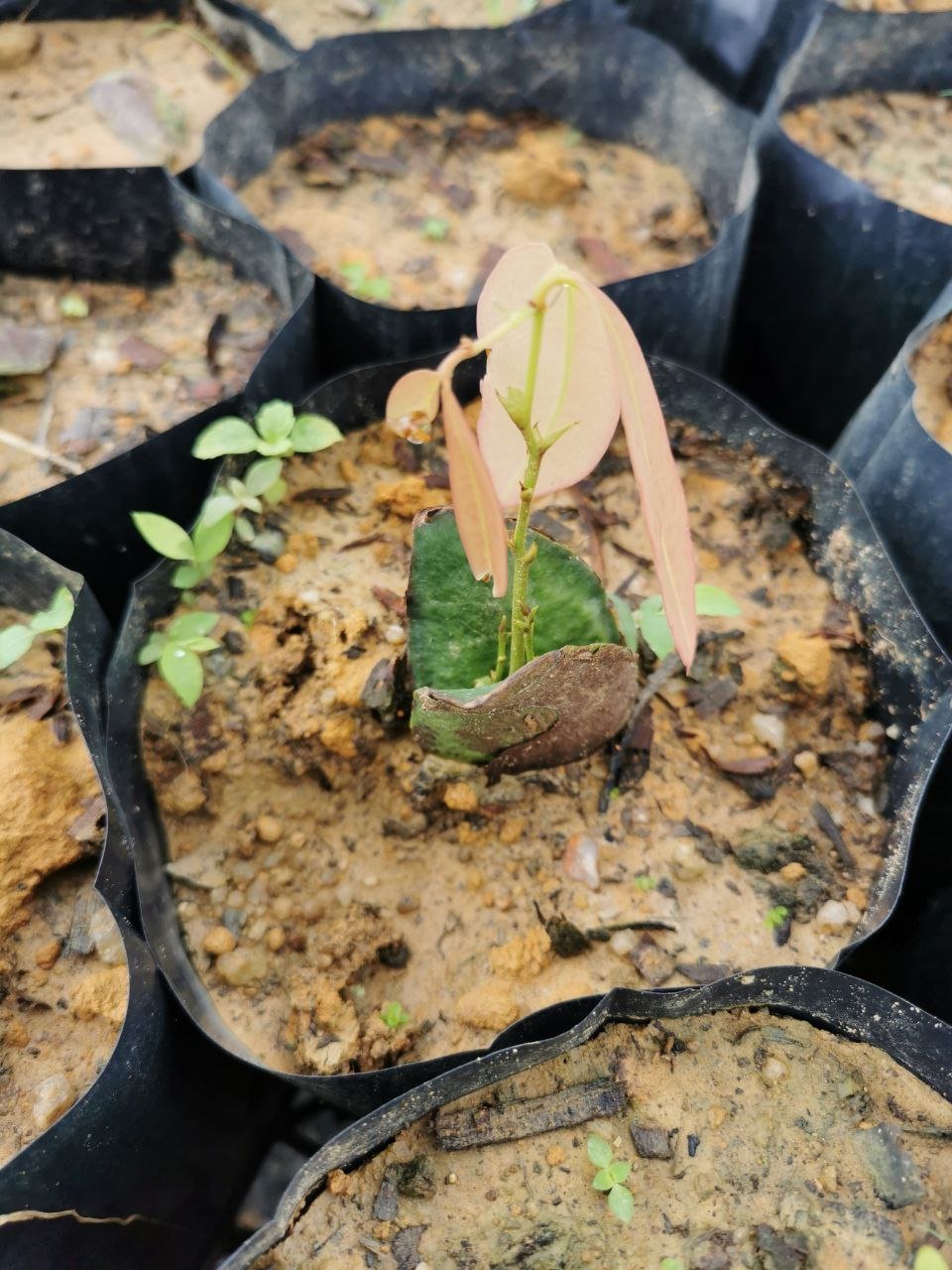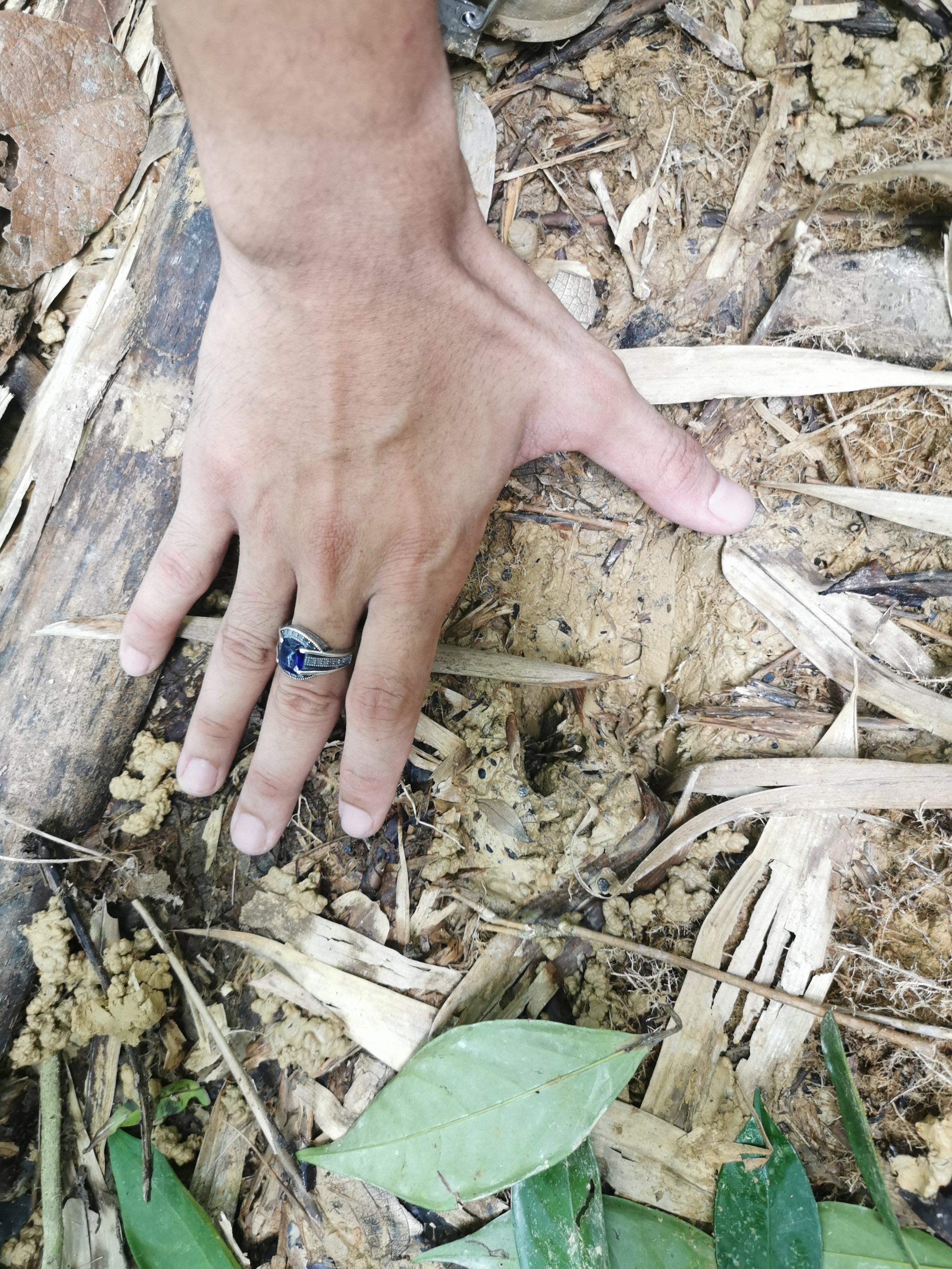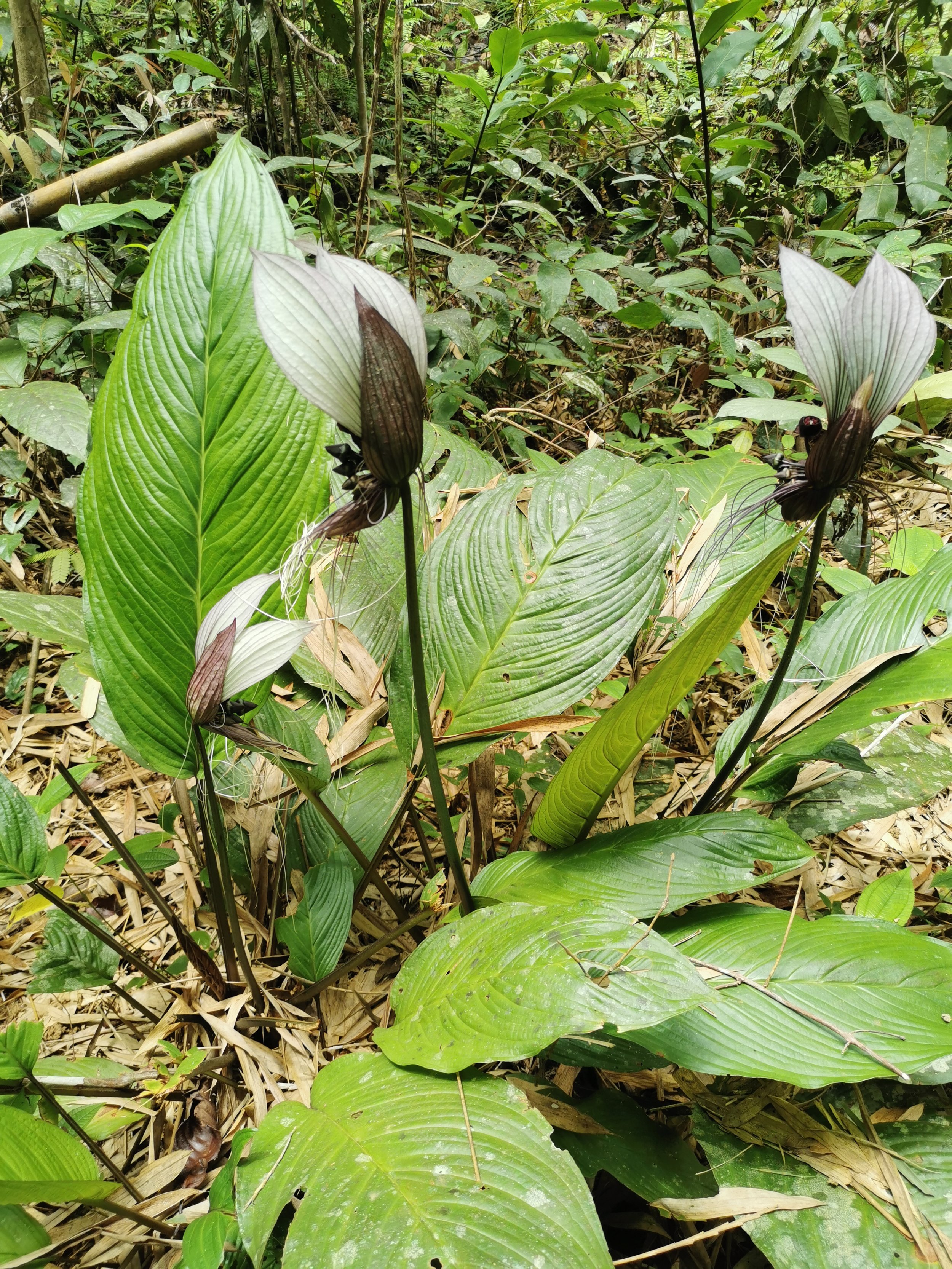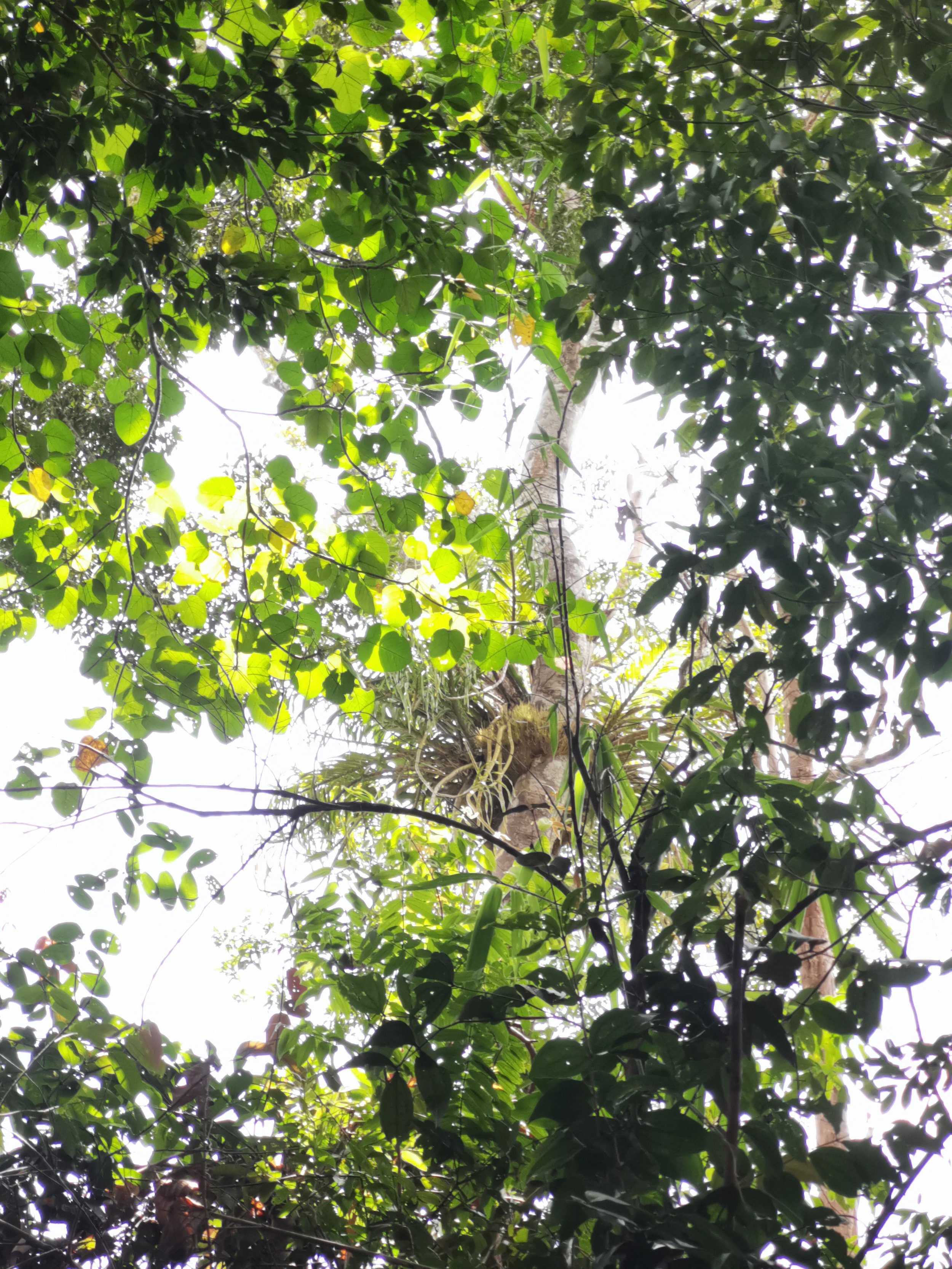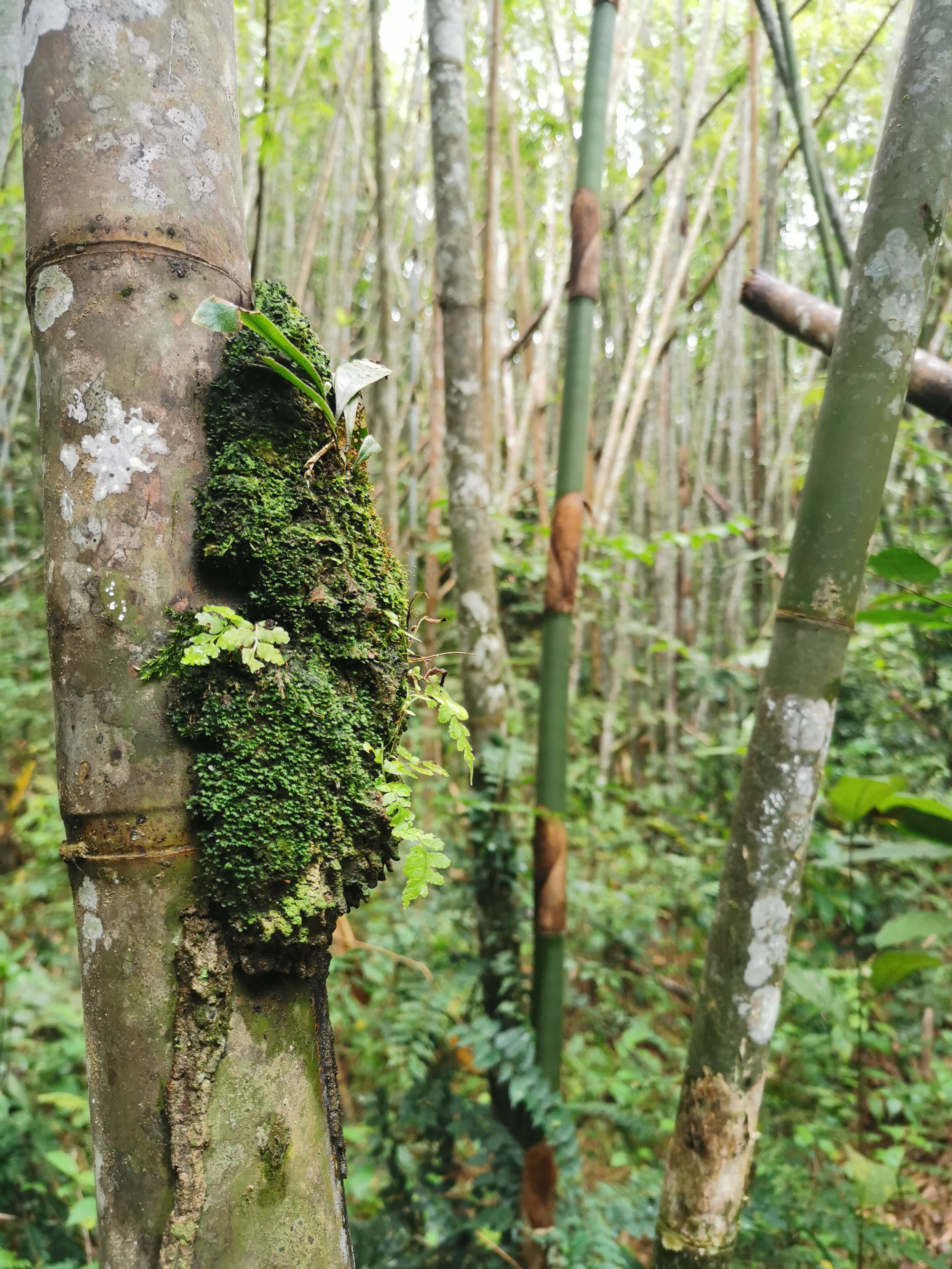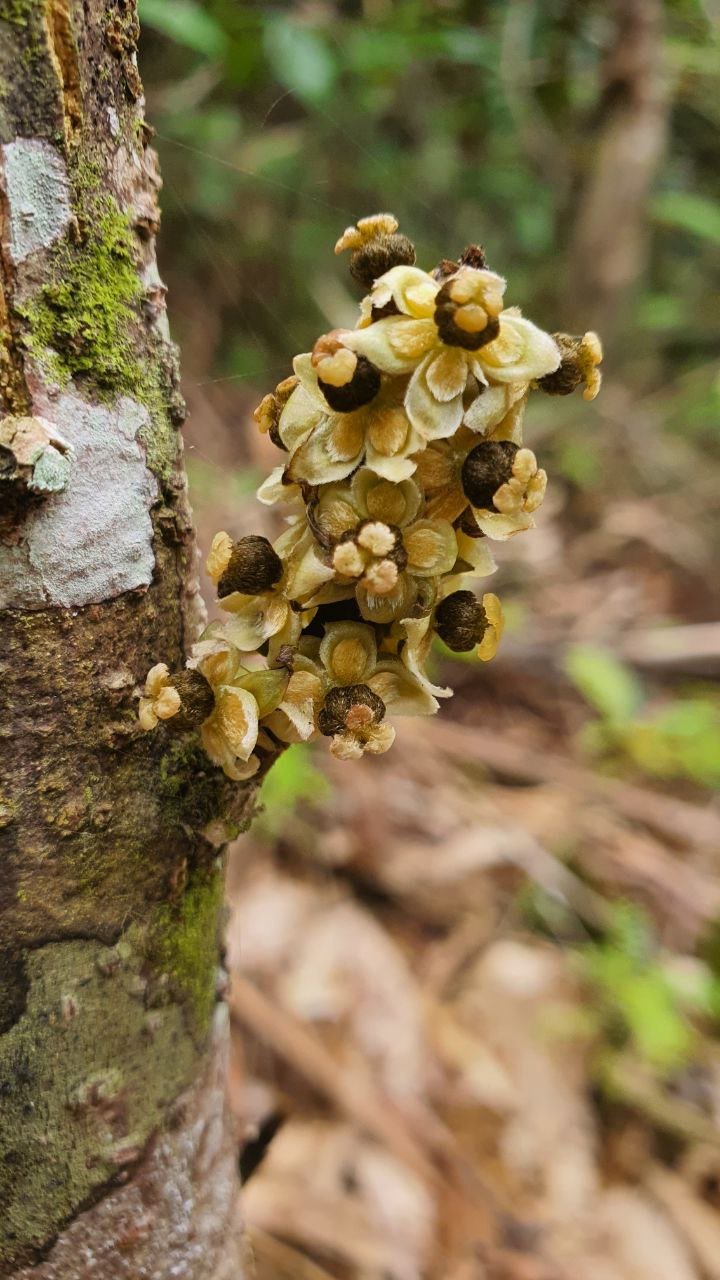Biodiversity loss - is there hope at the end of the tunnel?
Our rainforests are some of the most diverse ecosystems on the planet, containing a vast array of plant and animal species. However, human activities such as deforestation, agriculture, logging, mining, and infrastructure development have led to significant biodiversity loss. Deforestation is the primary cause of rainforest biodiversity loss. When forests are cleared for agriculture, logging, or mining, the habitat of many species is destroyed, and they are forced to move to other areas or face extinction. Many species in the rainforest are also threatened by hunting and the illegal wildlife trade.
The logged area which turned to rubber tree plantation, and also infested with undergrowth and bamboo.
Planters efforts to combat rainforest biodiversity loss include conservation and restoration programs, sustainable land use practices, and the protection of indigenous and local communities' rights. Our activities include trimming bamboo which encroaching and killing dipterocarps, and replanting more dipterocarps as well as other fruit bearing trees which will be the source of food for the wildlife. Through our conservation, we found an increasing sightings of the wildlife footprints include tapir, serows and interesting insect which is yet to be identified.
Our rainforests provide vital ecosystem services, such as carbon sequestration, water regulation, and soil fertility. Loss of biodiversity in these forests can lead to changes in these services, which can have negative impacts on both the environment and human society. We have seen the landslides, massive flood, and high temperature weather can do to us. Should we not conserve our rainforest now for the sake of ourselves?
